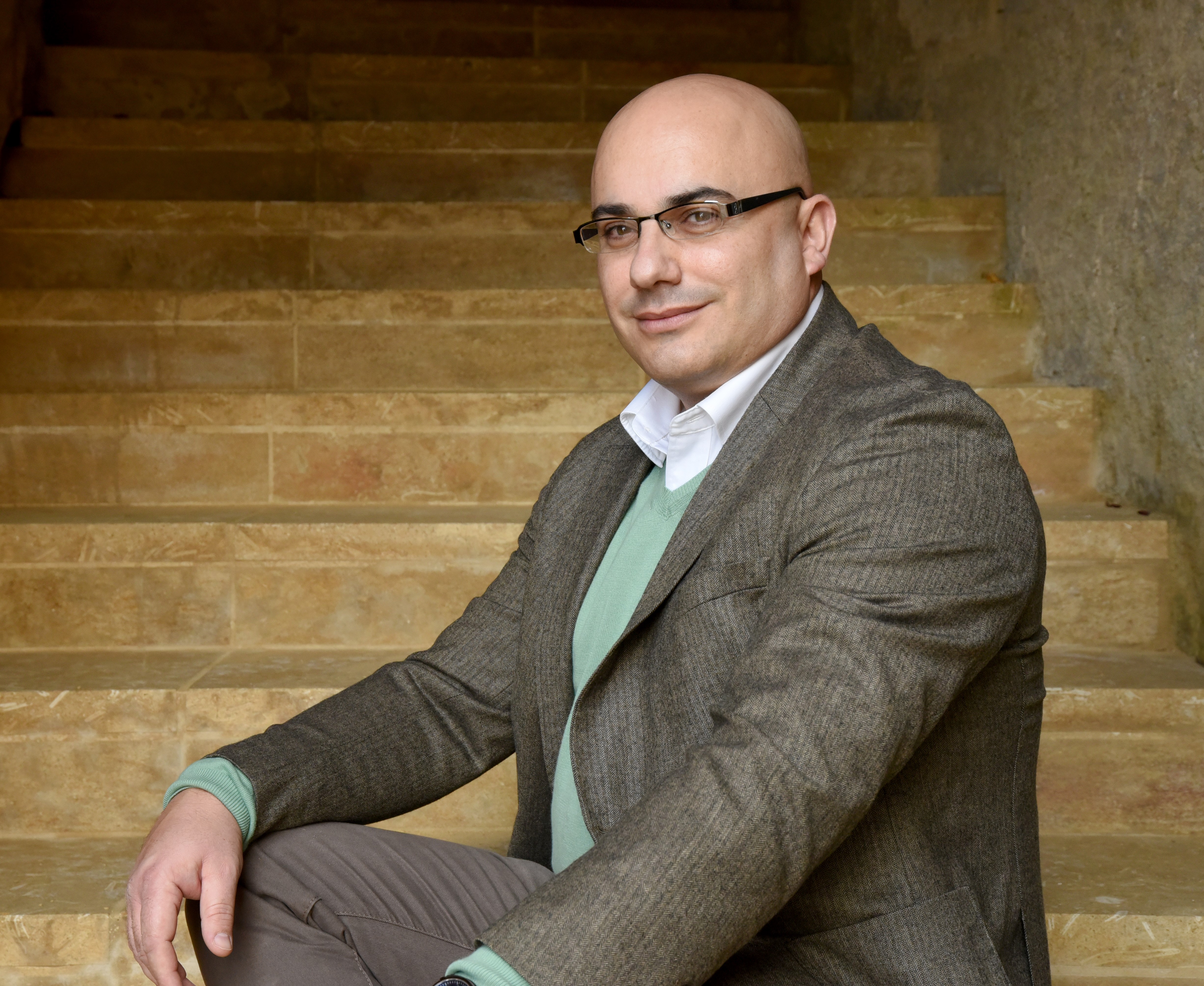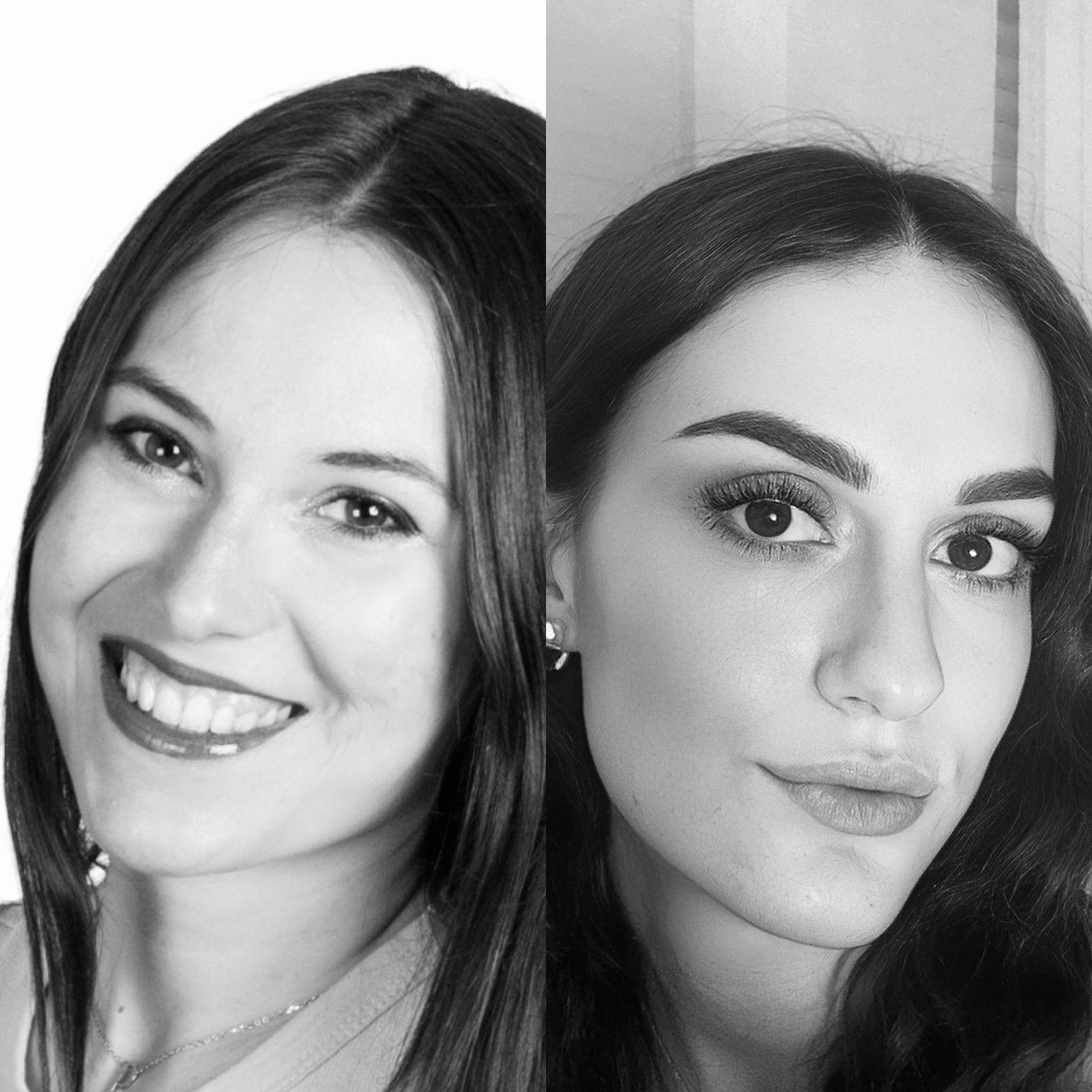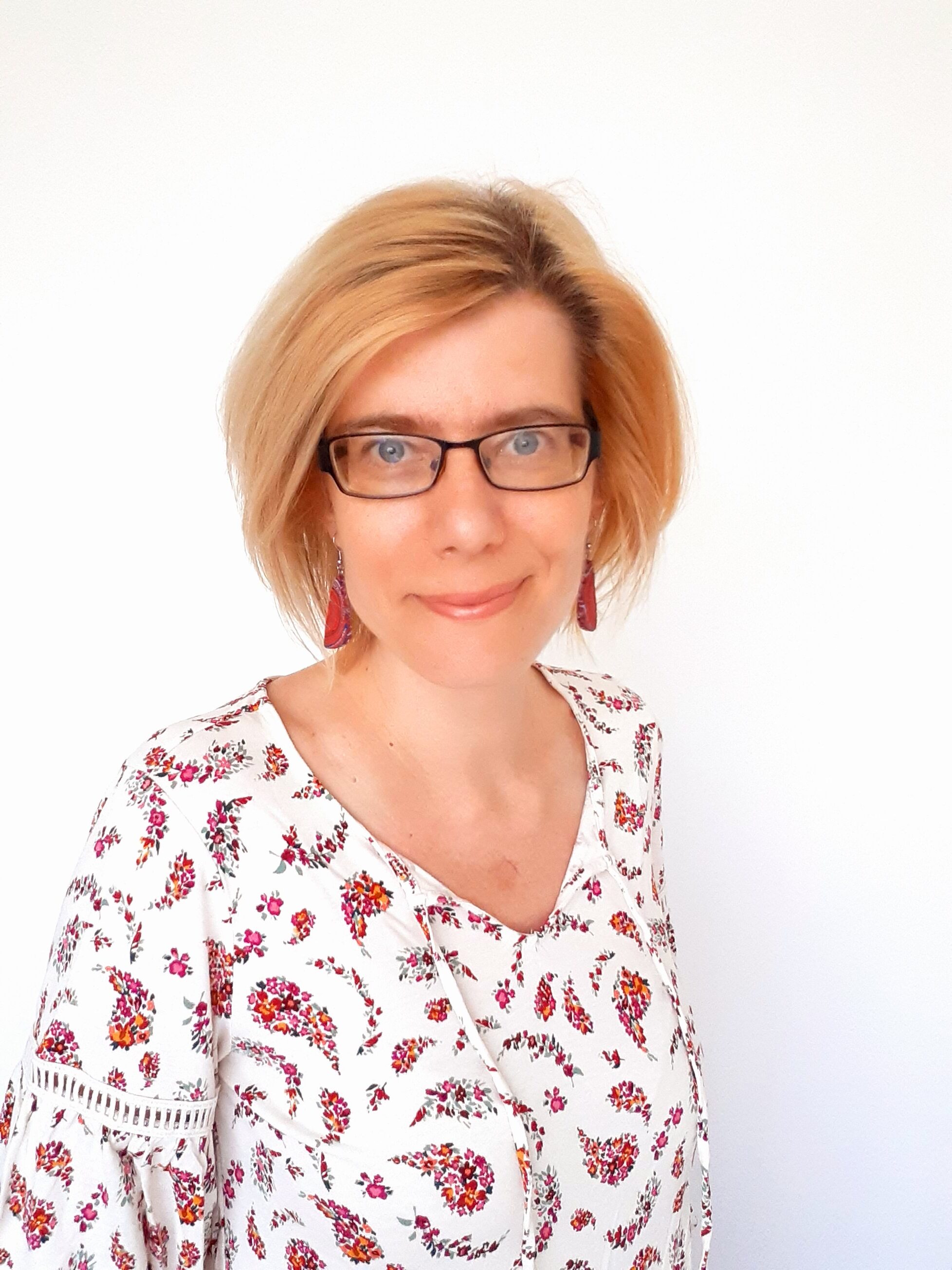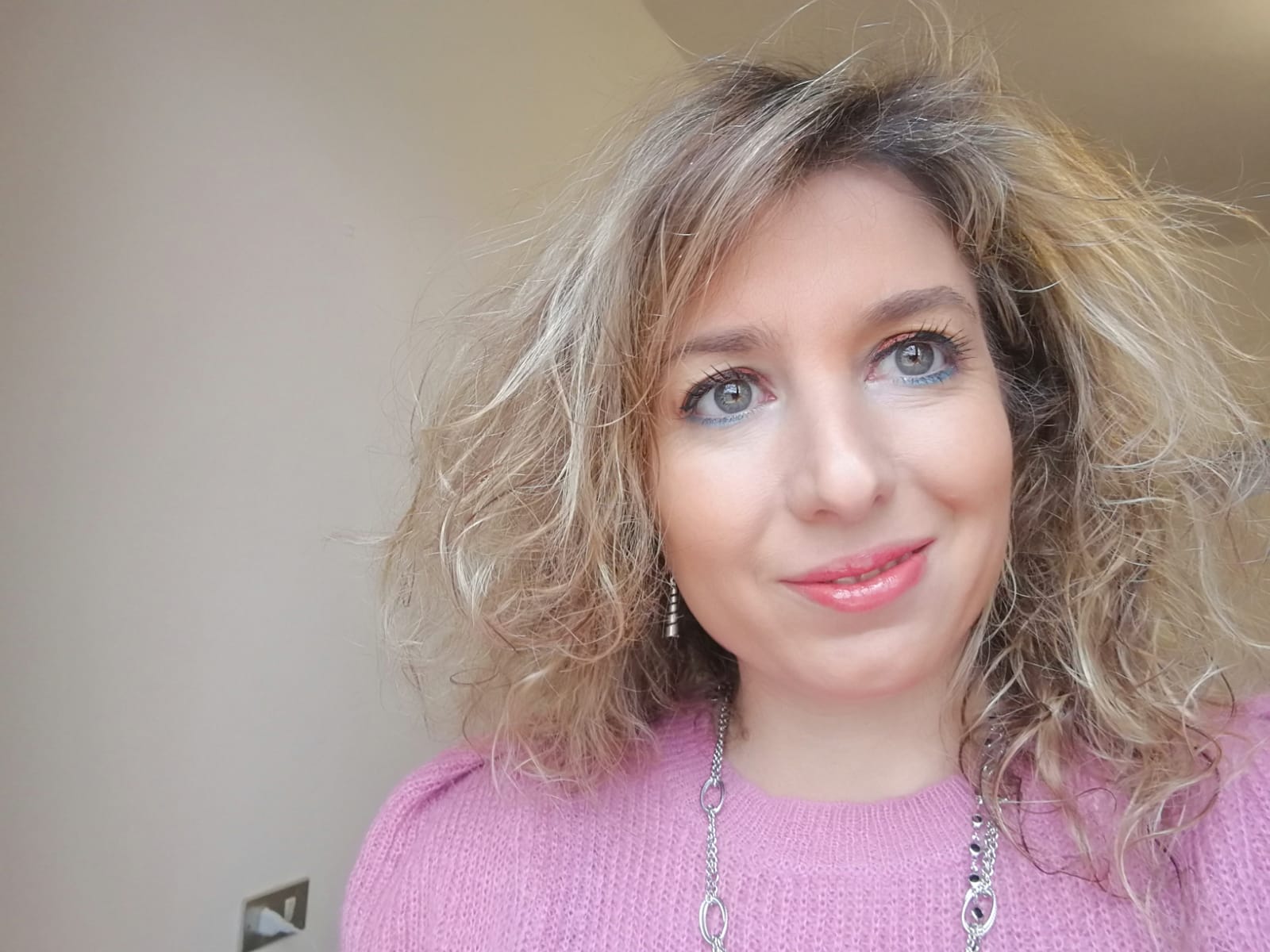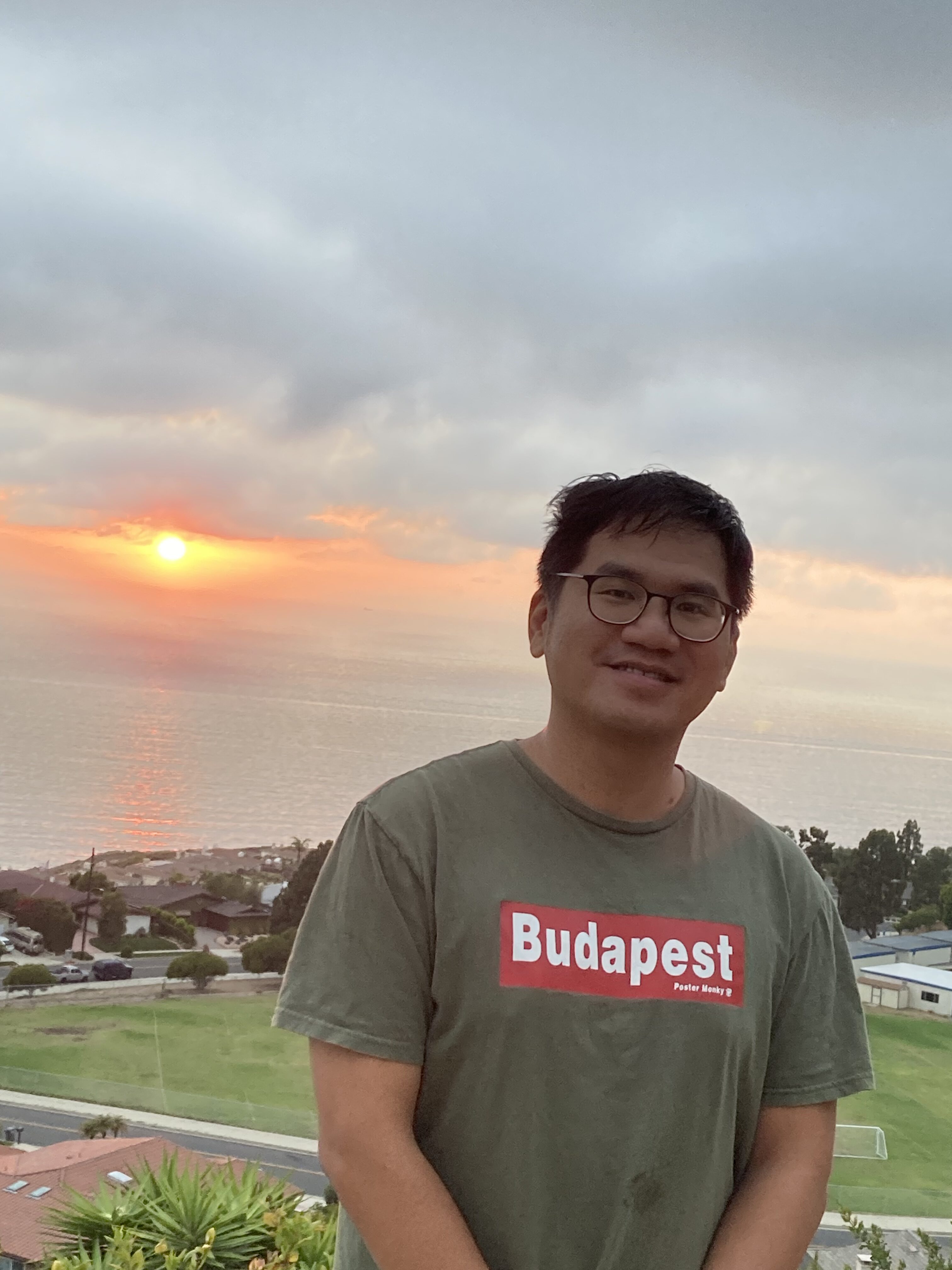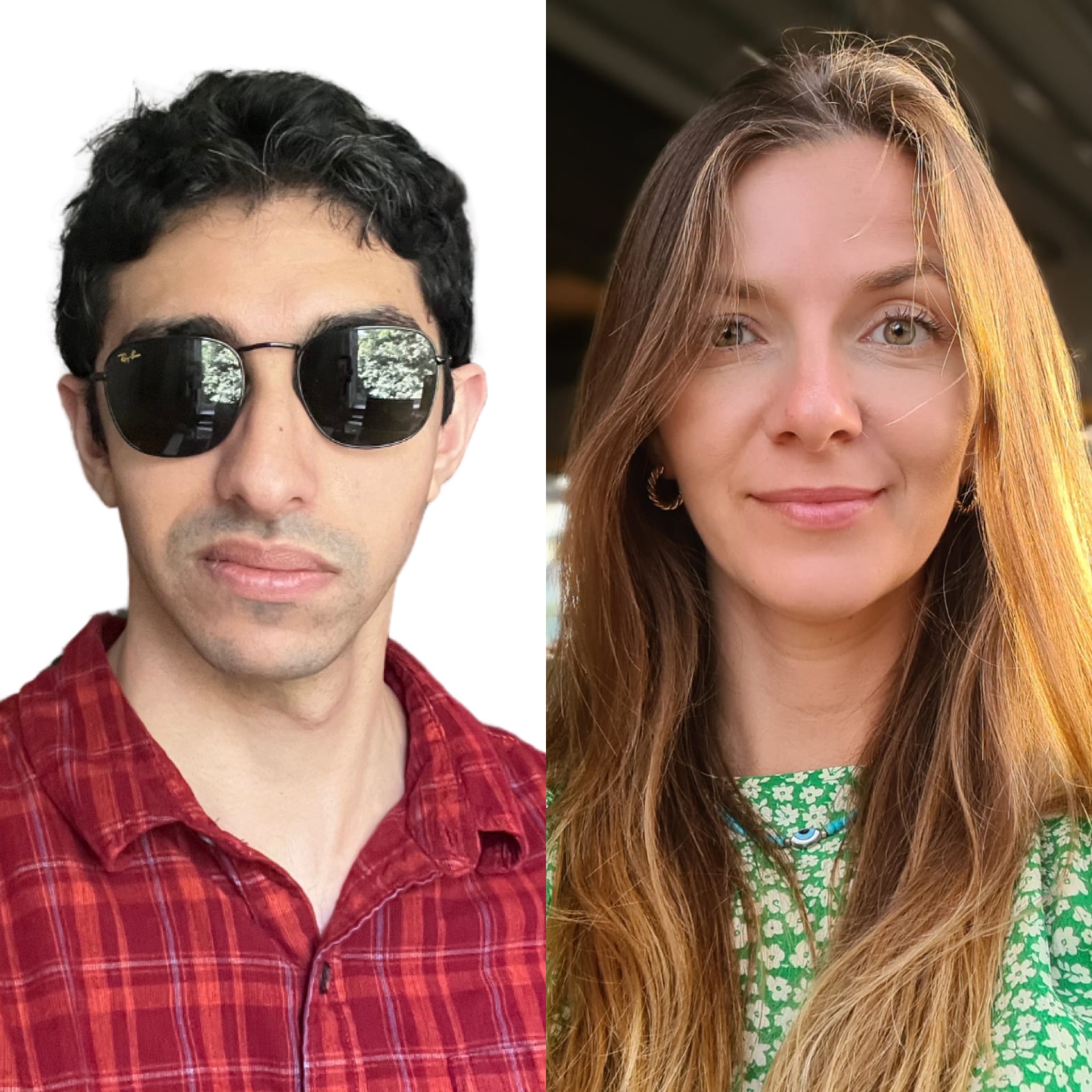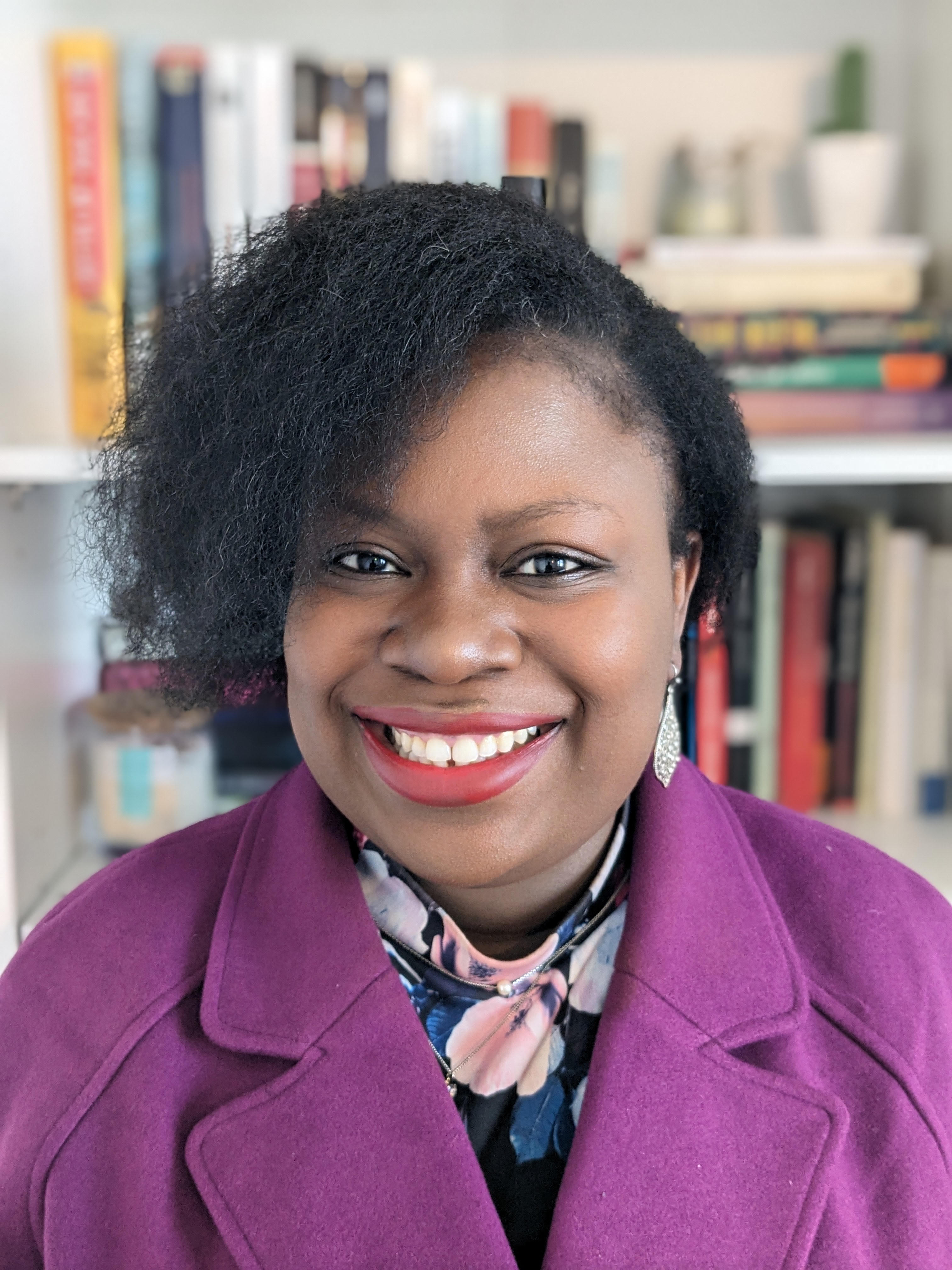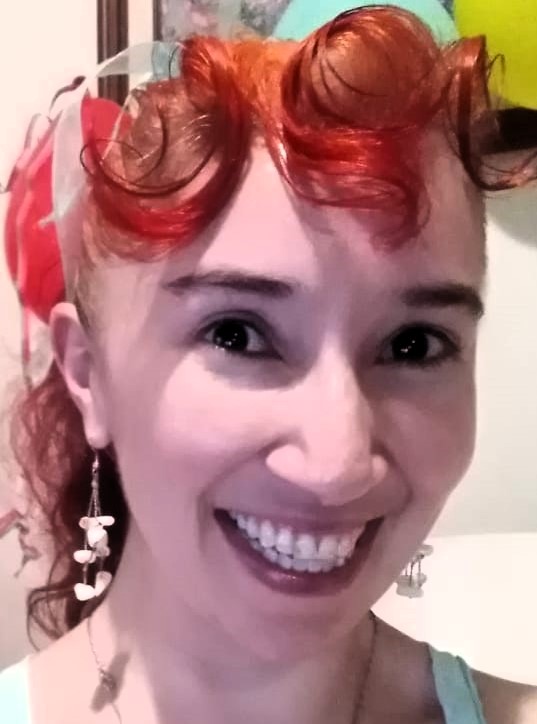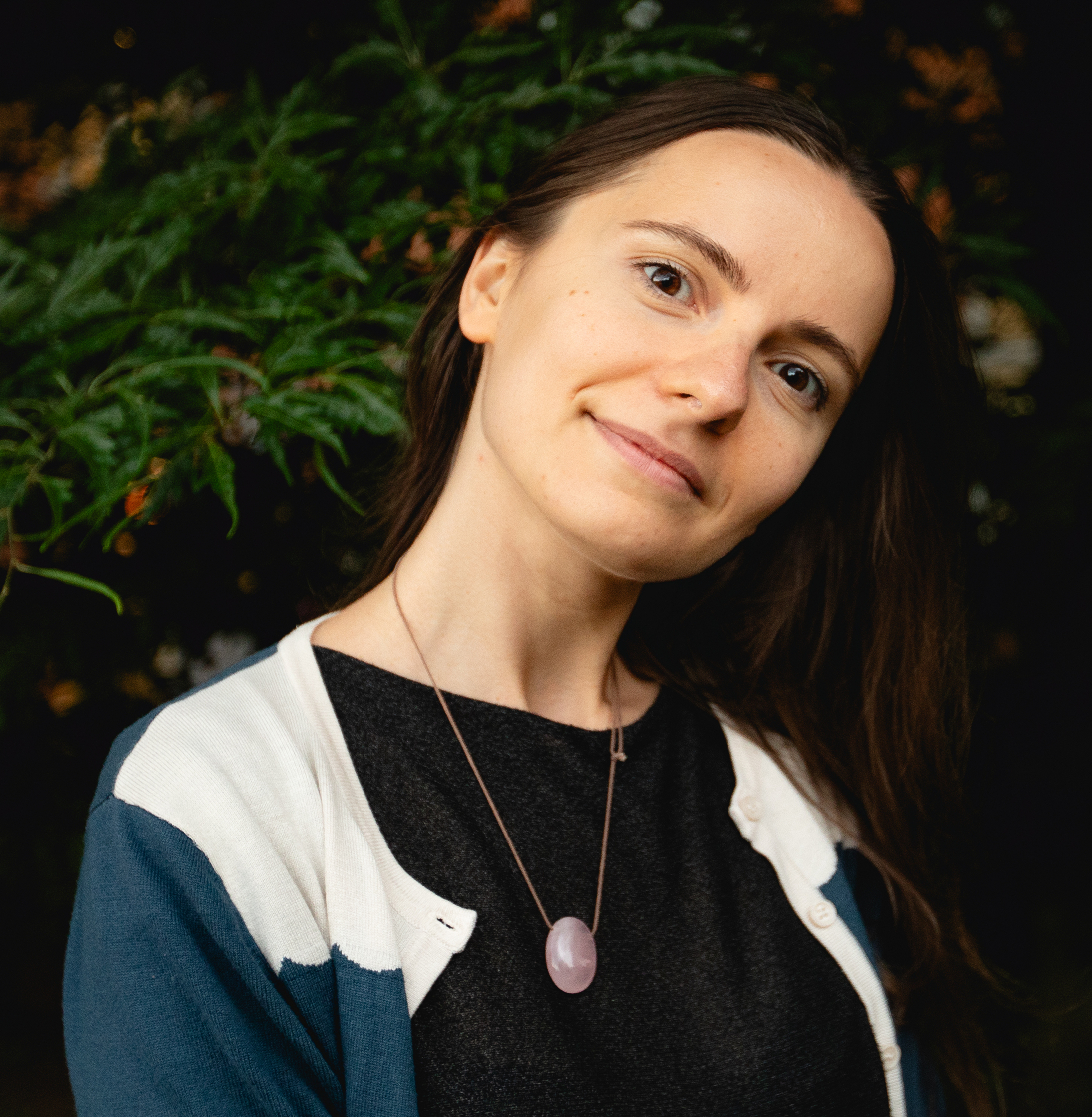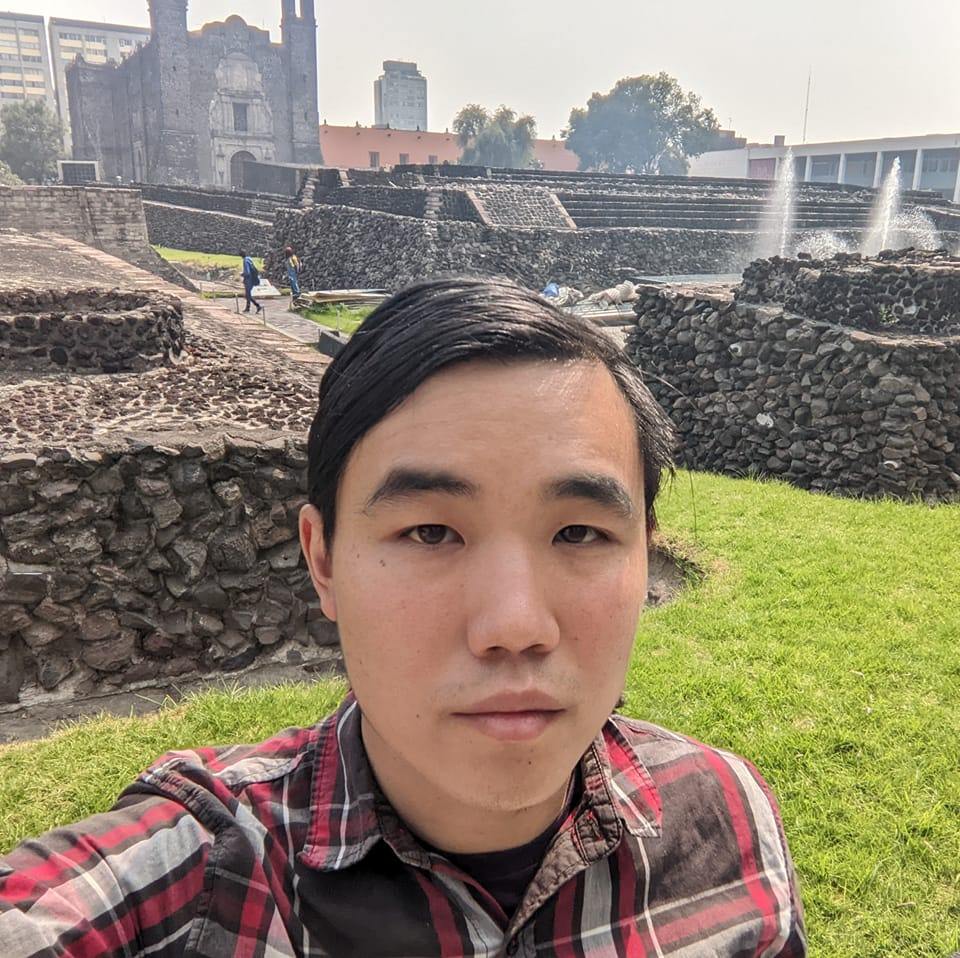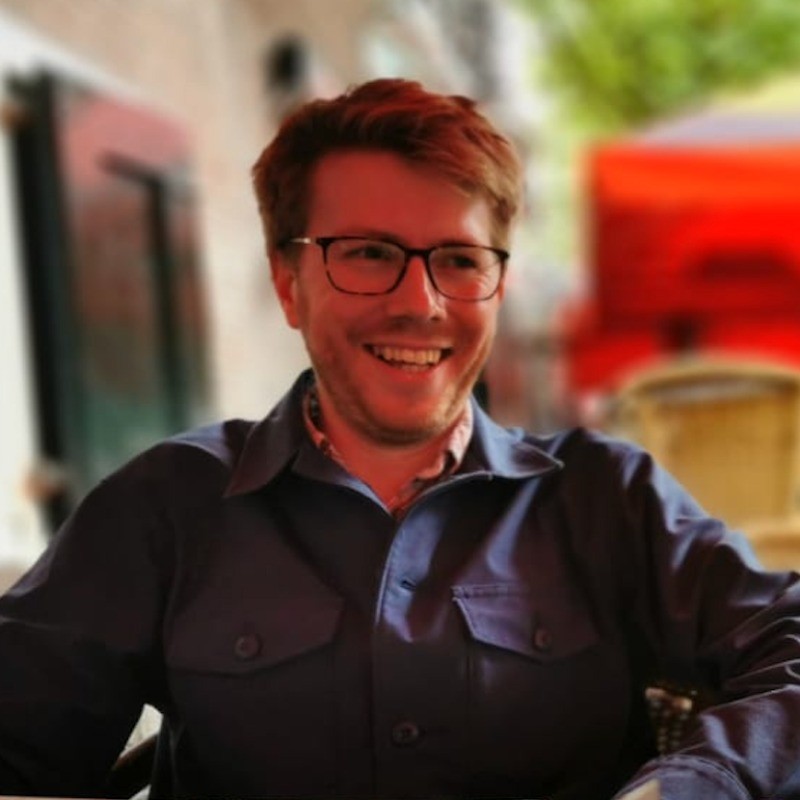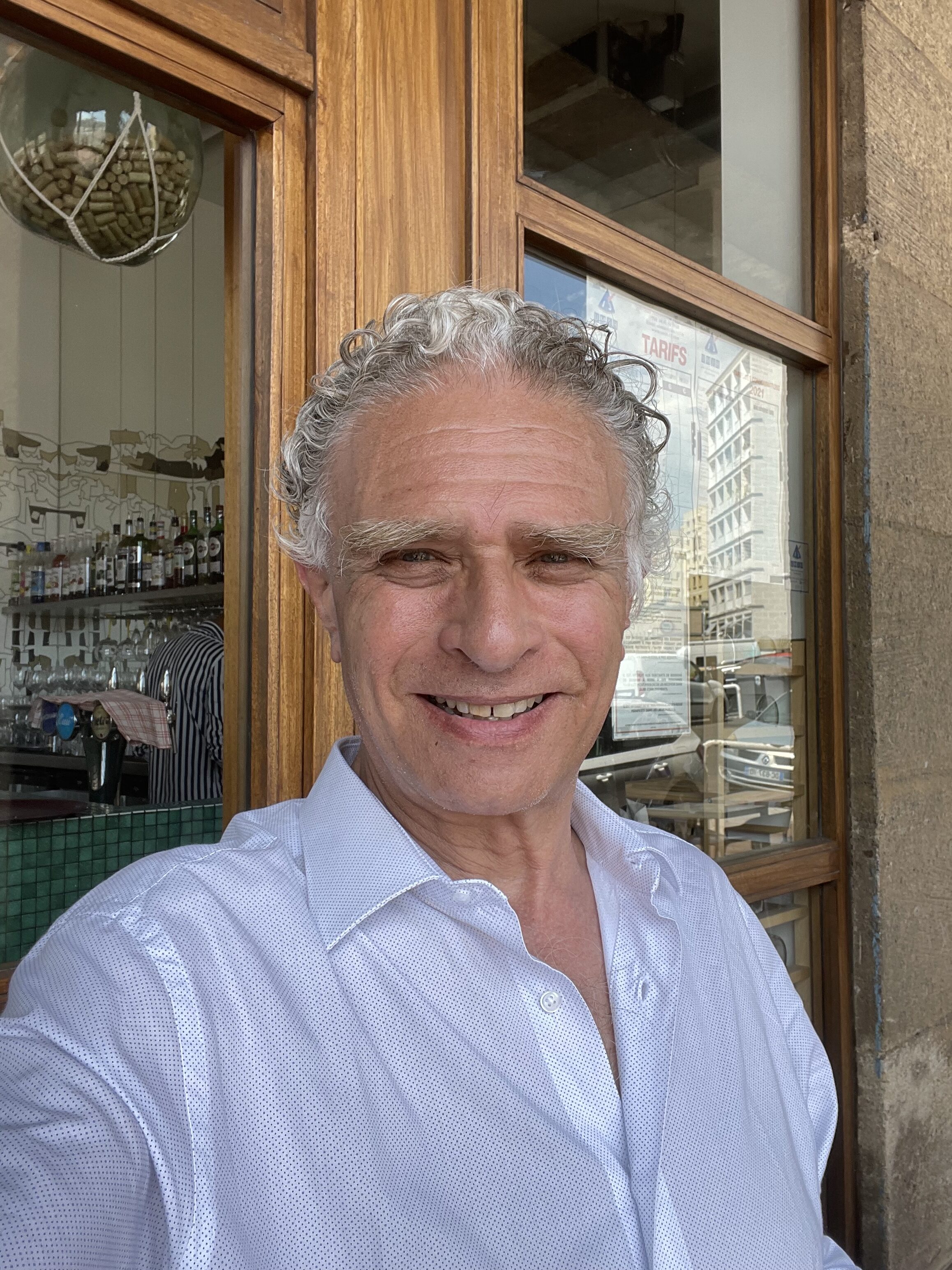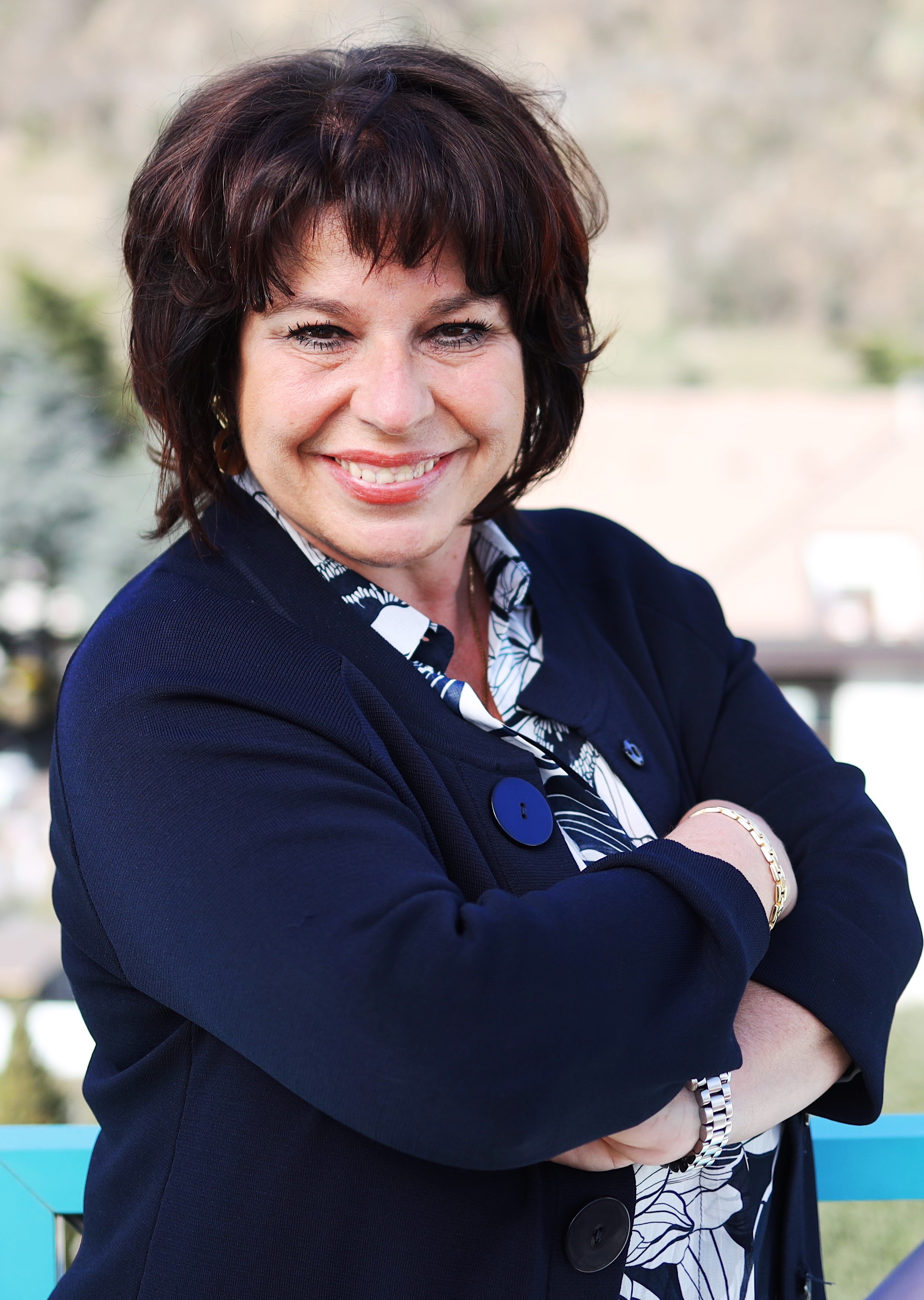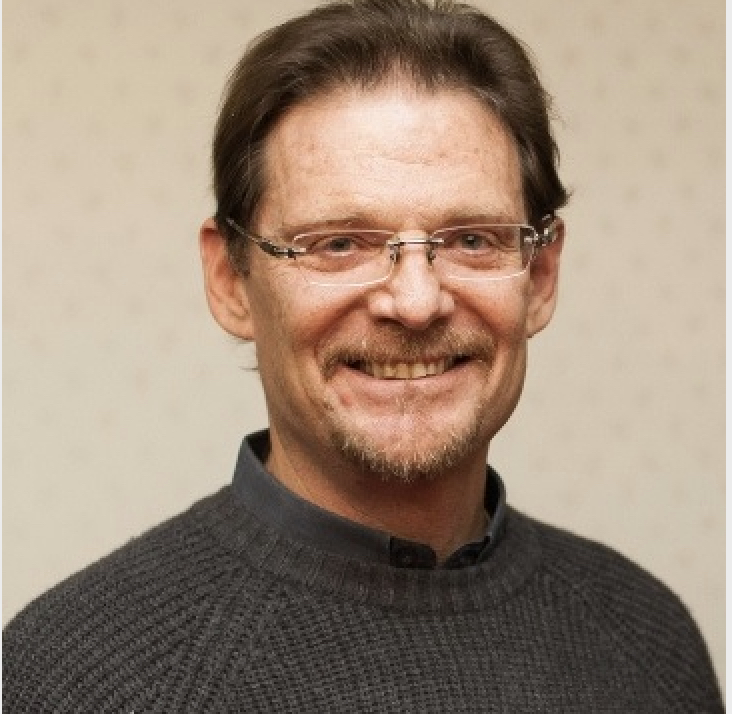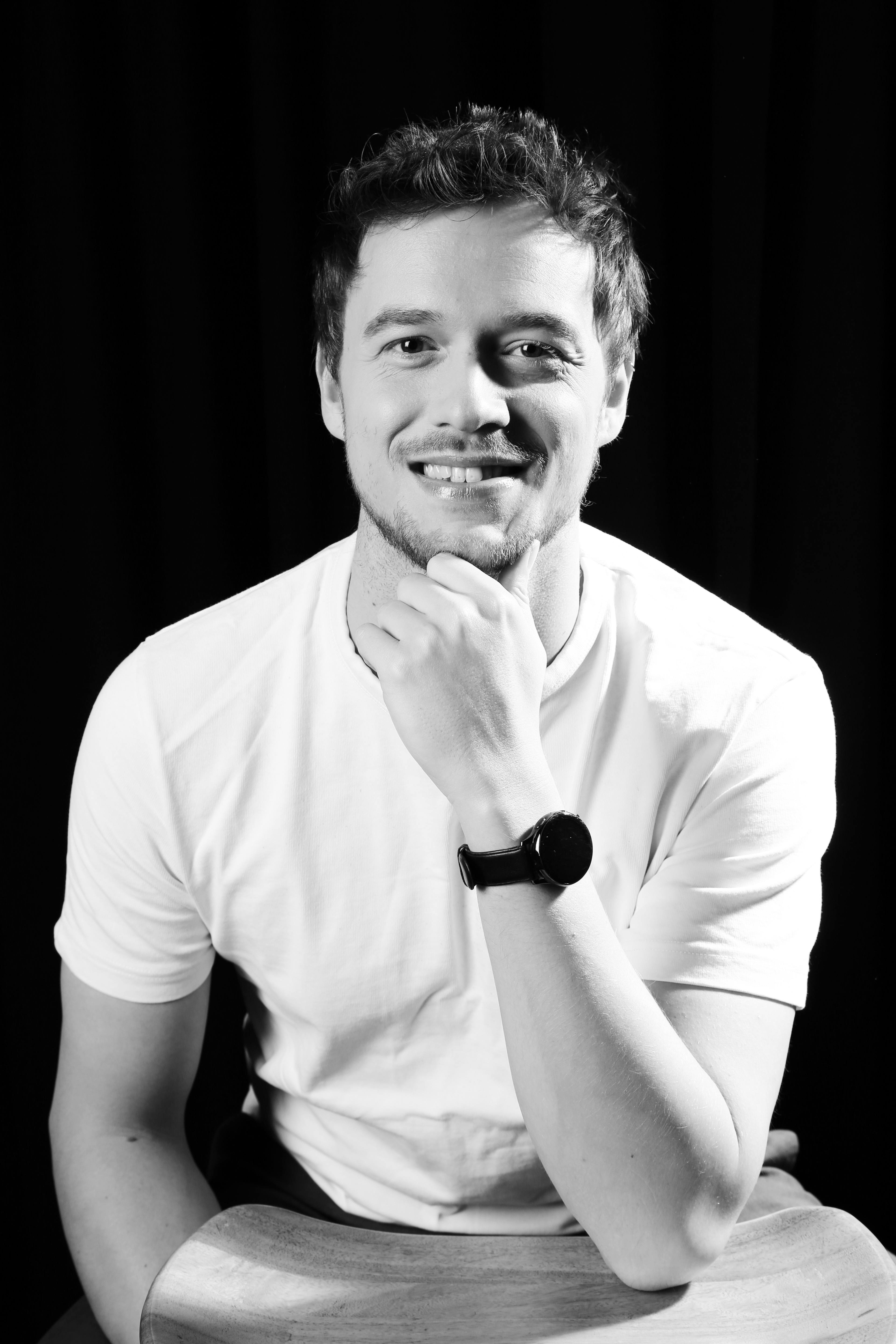Programme & Speakers
You can apply to talk at the Polyglot Conference Valletta (in-person only) via the following link:
https://forms.gle/ZLTpKhVxW8aL3Vyi6
This year the in-person event in Valletta will have 20 minute slots for each speaker to allow time for more people to talk on the Polyglot Conference stage! Imagine taking the stage in a ballroom where Queen Elizabeth II used to dance!

Registration & Language Exchange
Opening Ceremony
Key Note Speaker: The History of the Maltese Language
Il-Malti is the national language of the Maltese Archipelago, which consists of the islands of Malta, Gozo, and Comino. It is a mixed language which reflects the history of the Maltese islands. The Maltese islands’ size and their geostrategic position, midway between North Africa and Sicily, made them susceptible to different conquerors; thus, the Maltese language reflects linguistic and ethnic blending. In fact, it began as an Arabic dialect, acquired a Romance superstratum from Romance-speaking rulers, and added an English adstratum through British colonisation. These linguistic influences mutated into the unique il-Malti, which is one of the official languages of the Maltese islands. It is the sole Semitic language that is written in Latin script and the only one that is recognised as an official language in the European Union. In this presentation, I will address the historical developments that led to the formation of the Maltese language and analyse its different linguistic aspects, mainly its lexicon and morphology.
Raising Polyglots
Have you ever heard the saying, 'Every child is a genius'? We have no speck of doubt this is true, especially when given an enriching environment for whatever area of life their heart beats to. My family lives in a linguistic paradise: Polish and Italian, we live in France, work in English. Two boys were born to this fantastic constellation, and my husband and I decided to make the most of it. And we made it! With a little help of Maria Montessori... When I confronted my sons’ language milestones against developmental psychology roadmaps, they rocketed high as if they were some linguistic prodigies. But they were simply living their fullest developmental potential in an area that was important to our family. My older son now a teen is speaking at the conference, and we’re here to convince you that every child can be a polyglot from birth, if we only want to.
VOICES OF HERITAGE: THE ROLE OF LANGUAGE IN PRESERVING CULTURE AND IDENTITY
Embark on a journey of discovery and delve into the significance of conserving minority and creole languages, deeply intertwined with the cultural fabric of communities around the world. As languages fade, we risk losing more than just words — we lose connections to history, traditions, and identities that have shaped generations. By exploring rich linguistic diversities, we will uncover how these languages serve as living expressions of culture, reinforce communal bonds, and foster a sense of belonging. This talk emphasizes the importance of preserving these linguistic treasures to maintain the full breadth of human cultural expression and collective identity!
Enseñar idiomas en redes sociales en 2024: una guida pratica ai contenuti e tendenze attuali.
¿Tienes pasión por los idiomas y te gustaría inspirar a otros en redes sociales, pero no sabes por dónde empezar? Quizá ya tienes un podcast de idiomas y te gustaría llegar a más gente. Tal vez ya has empezado a crear contenido en redes sociales enseñando técnicas de aprendizaje de idiomas o una lengua en concreto, pero no sabes cómo pasar al siguiente nivel para monetizar todo el trabajo y tiempo que le has dedicado.**
History of Hungarians through loan words
When there is a turning point in a nation’s life, this always brings changes in the language, too. Lexis is the the fastest changing part of a language. Loan words can tell us what Hungarians learnt from Iranian and from Turkish people before arriving at the Carpathians. After settling down, and giving up the nomadic lifestyle, Latin, Slavic, and German words helped Hungarians to name their new political system, the new religion, the new way of everyday life.
Breaking barriers: overcoming common fears and blockages in language learning
Language learning is a rewarding yet challenging journey, often accompanied by various fears and blocks that can hinder progress. In this talk, Elisa Polese, an accomplished hyperpolyglot and ICF-certified language coach, will delve into the most significant barriers faced by language learners and provide practical strategies to overcome them. Drawing on her extensive experience teaching 13 of the 26 languages she has studied, Elisa will share insights into addressing common challenges such as fear of making mistakes, internal blockages, and perfectionism. Participants will learn how to build confidence, maintain motivation, and effectively manage time to bring more joy in their learning process and life. Whatever challenges you are facing with language learning, you will find this session inspiring and highly refreshing and it will equip you with the tools and mindset needed to break through language barriers and achieve fluency. Join me to discover how to transform your language learning experience into a journey of continuous improvement and success.
Group Photo & Lunch
Learn K'iche Mayan from scratch by Immersion: why and how and the nitty-gritties
In April 2024, on a whim, I decided to go to Guatemala to learn a Mayan language. However, I was totally unprepared and did not know any “chapino”. What's worse, I didn’t even know which Mayan language to learn or where to go to find people who actually speak a Mayan language. I didn’t want to end up speaking only castellano !!! People will say: “Going to the country where your target language is spoken is the best way to learn a language”, but this is easier said than done. In this talk, I’d like to share how I improvised a way to set up an efficient immersion program to learn K’iche Mayan from scratch. I will also address the following questions: “how best to find a good city/village to learn your target language, especially when it’s an indigenous one?”, “how to make real friends”, “how to get people to talk to you in their native language instead of Spanish or English”, etc. And last but not least, I will introduce you to the beautiful world of K’iche.
Non-Verbal Communication Across Different Cultures (A Turk and an Indian Walk Into a Bar)
A huge part of communication is, in fact, not through the voice or through words, but non-verbal. Non-linguistic communication of course varies hugely across the globe. This presentation will explore the differences in non-verbal communication across different cultures by taking an in-depth look at gestures, their usage, importance and variation in certain cultures, including in some practical situations. We will naturally look at the cultures each of the speakers – Dhananjay and Asya – have been immersed in (Indian and Turkish) but also touch on interesting gestures from other cultures. We will show the audience how similar gestures can convey very different meanings in other cultures and how this can often have hilarious consequences! We want to take the audience on a journey where they will learn about each of our cultures and some of the components of communication that are powerful and relevant in and of themselves. These components are meant to complement and enhance spoken language and words rather than lessen their power. The audience will hopefully find this discussion to be energetic, interesting, and educational—it will include visuals of various gestures used in everyday situations. We anticipate them having a great time and learning a lot about nonverbal communication!
Dò-re-mí: Unlocking the Melodies of Yorùbá Pronunciation
Yorùbá language belongs to the Niger-Congo language family, which is one of the largest language families in the world. It is one of the major languages in Nigeria and is also spoken in Benin, Togo, Sierra Leone, as well as parts of Brazil, Cuba, and Trinidad & Tobago. The Yorùbá language writing system, which uses the Latin script, was greatly developed by Samuel Ajayi Crowther, a linguist and the first African Anglican bishop in Nigeria, in the 19th century. Moreover, Yorùbá is a tonal language in which tone marks play a crucial role in pronunciation and meaning. This study aims to elucidate the role that the musical tonic sol fa 'dò-re-mí' plays in writing, reading, and pronouncing Yorùbá accurately. By examining common examples and homophones, this study demonstrates how tone and diacritical marks distinguish meanings and sounds in the Yorùbá language. Specifically, these tone marks are applied to the vowels and the nasal sound ‘n.’ For example, the word 'Yorùbá' has the tones 're-dò-mí,' illustrating the use of tone marks in pronunciation. Through practical demonstrations, this research highlights the necessity of mastering tone marks for effective communication in Yorùbá. Therefore, this study contributes to the broader understanding of tonal languages and their unique phonetic systems.
LENGUA DE SEÑAS Y VERNÁCULO VISUAL: EL ARTE DE LA COMUNICACIÓN NO VERBAL
Como bailarina profesional toda mi vida, siempre percibo todo en relación a la danza y al movimiento. Para mí, el lenguaje corporal, tanto el consciente, es decir, “las lenguas de señas del mundo” como el inconsciente: aquel que expresa lo que nuestras bocas callan, son formas de comunicación constante entre los seres humanos. “Vernáculo Visual” es una forma de arte que combina la lengua de señas con la mímica, la poesía y toda la expresividad del artista. Llevo más de 35 años en contacto con la danza y con las lenguas de signos desde 2007, por lo que para mí comunicarme con mi cuerpo es tan natural como comunicarme con las lenguas habladas. Ayudar e influir a otros políglotas para que también utilicen sus habilidades motoras, expresiones faciales y gestos con las manos es algo que puedo aportar a través de mi experiencia en la comunicación no verbal, la gestualidad y los movimientos corporales.
C2: Einfacher als es klingt. Der Weg zum C2-Zertifikat in Deutsch
Das C2-Niveau in einer Fremdsprache zu erreichen, klingt oft kompliziert: Es geht um das Verständnis komplexer Themen und den sicheren Umgang mit fortgeschrittener Sprache. Für das C2-Zertifikat sind vor allem drei Dinge entscheidend: die Fähigkeit, schnell ein Argument zu formulieren, sprachliche Nuancen zu verstehen und eine fortgeschrittene Ausdrucksweise zu beherrschen. Die Deutschen sind Meister darin, zu allem eine Meinung zu haben, das zeigt sich auch in der GDS-Prüfung. Ich werde zeigen, wie man mit einfachen Strategien und praktischen Tipps das C2-Niveau erreichen kann und das ganz ohne unnötigen Stress.
uTalk Quiz
Registration & Language Exchange
A Comparative Introduction to አማርኛ
Compared to Arabic and Hebrew, the Semitic languages of East Africa are not as commonly studied even among language enthusiasts. But let's see if we can change that! As an intermediate Arabic and Hebrew learner who has also been studying Amharic for the past few years, I have plenty of thoughts on this subject that I’d love to share. In this talk, we’ll look at the fundamentals of Amharic writing, vocabulary and grammar from the perspective of comparative Semitic linguistics, highlighting some of the remarkable similarities as well as key differences between these languages. In addition to numerous comparisons with Arabic and Hebrew, we’ll also touch on Tigrinya, Ge’ez, Syriac, South Arabian languages, and the long history of cultural and linguistic exchange between the Horn of Africa and the Near East.
Dimilî: A polyglot's journey into learning an undocumented endangered language
My journey as a polyglot began when I was 10 when we moved from Turkey to the US. A native Turkish speaker, I first learned English, then French, Kurdish, Spanish and Valencian, while studying a few other languages on and off. I’m now learning Welsh together with Dimilî, my father’s native tongue. My father came from a small Zaza community in Mutki, Bitlis where they speak a unique dialect of the Zaza language which they call Dimilî. They lived as a minority within another minority, and the story of their vanishing tongue is now an integral part of my life. Our language has many names: Zazakî, Kirmanckî, Kirdkî, Dimilkî, Dimilî, Zonê Ma… My favourite is the last one, Zonê Ma, which translates to “our language”, and I believe it captures something essential about the issues our language faces: it is spoken by many small and distant communities, who have different histories, cultures, and even religions, thus resulting in a myriad of distinct dialects that are, in many cases, not mutually intelligible. Although there have been many efforts to document, standardise and revitalise the language, most approaches have been top-down and based on the researcher’s own dialect. Using the available resources today, a student of Zazakî often helps revitalise a dialect that is not theirs, while exacerbating the extinction of their own, still unable to communicate with their elders. As a visual-learner, I avoided learning Dimilî for a long time due to lack of resources. But after years of studying different languages and learning how to learn them, I finally started learning our vanishing dialect. Today my father and I are working on documenting the dialect of Dimilî spoken in Mutki, using social media extensively and connecting with our family members. Based on my experience with studying Welsh and Valencian, both minority languages caught between standardisation and extinction, our main focus is to be true to how the language was actually spoken in his childhood, and not an idealised version of it. I’m learning the language as my father is remembering it, through anecdotes, legends, fairy tales and lullabies. His memories are my study materials. As he remembers his childhood and connects with his relatives, I work on extracting a grammar and a glossary, all in the hopes that “our language” and the knowledge it carries don’t fall into oblivion.
"Some miserably erroneous way" — phonetic approaches to teaching and learning pronunciation
“The pupil reads some word in some miserably erroneous way, the teacher stops him and pronounces the word in, let us assume, the correct way. The pupil tries to imitate that pronunciation, but fails, and thus we have an endless repetition of the same word by the teacher, followed very often on the part of the pupil by an equally endless repetition of nearly the same bad pronunciation as before” Sound familiar? Phonetic approaches to teaching and learning pronunciation aren’t new — the above scenario was described by linguist Otto Jespersen in 1910. Despite this, language classrooms all over the world still too often involve gruelling pronunciation drills. Those learning outside of classroom settings can also struggle to produce certain new linguistic sounds and rely heavily on imitation methods such as shadowing. In this talk we’ll try and revive Jerspersen’s manifesto for phonetics in the classroom by drawing on my experience of providing guided pronunciation training for language teachers and learners. We’ll tackle confusing terms like “soft” or “hard vowels” and look at what does and doesn’t work when it comes to taking a more phonetic approach to pronunciation. This talk draws on experience from a PhD research project on the acquisition of Welsh by adult learners and on my experience teaching Welsh/Swedish learners and training tutors at London's City Literary Institute.
Church and State as promoters of language study and cultural diversity during colonial times.
Church and State as promoters of language study and cultural diversity during colonial times. The expansion of Empires brought the need to understand local languages and teach them to administrators and merchants. In the vanguard of colonial expansion was the Church which sent missionaries to convert the inhabitants of the newly acquired territories. Language however was not just a vehicle for oppression and forced conversion. All the major empires promoted the study and recording of these languages and some of these works remain the most important works in their field. In some cases they are all that remains of extinct languages. The Russian Imperial Academy of Sciences and the Vatican’s Propaganda Fidei were particularly active. The presentation will be illustrated with books from my library.
Gen Z and Language Learning: Enhancing Focus and Attention Span Through Gamification
Artificial Intelligence, social media platforms and the internet have been a constant widespread environment around Gen Z since our early childhood, making us accustomed to finding answers immediately after one click. In the long-term perspective, this constant easy access to information has led to a dependency on fast progress, continuous task switching and a rapid loss of interest without additional dopamine stimulation. In our fast-paced world, everyone is required to quickly acquire knowledge and skills in order to be qualified for any position, however, the traditional language learning system in formal education is not fully equipped to accommodate Gen Z learners and their needs. Young polyglots seem to face significant challenges due to the lack of concentration and short attention spans. Without proper accommodation, this can lead to a lack of self-discipline and a loss of interest, even in those who genuinely love learning languages. This talk will explore gamification and microlearning techniques tailored for language learning from a Gen Z perspective, based on a case study with young polyglots. By addressing these issues, we can develop more effective strategies for engaging and educating the next generation of language learners with other needs, obstacles and desires.
Has Welsh had an impact on modern English?
This presentation will explore the extent to which 1,500 years of coexistence have allowed Welsh and other Brittonic languages to shape English. I will focus on the historical context of England's very first colony, Wales. There are some ways in which the influence of Welsh and other Brittonic languages has been underestimated. By examining certain linguistic behaviors in English—such as syntax, phonology, and vocabulary—that diverge from other Germanic languages, I will show that contact with Welsh and other Brittonic languages is a plausible explanation for these anomalies. However, despite over 1,500 years of coexistence and geographical proximity, the Welsh language has had a surprisingly minimal influence on English. Unlike the influences of other languages on English, the impact of Welsh has been notably subdued. The presentation will discuss how colonial attitudes have led to the deliberate political and social marginalisation of the Welsh language, framing it within the broader context of colonial linguistic interactions. We will also look at historical reasons as to why Celtic languages may have been declining in Britain long before English colonialism, such as the theory of displacement by Latin before the arrival of English. I’ll touch on the debate regarding why there are so few etymologically Celtic place-names in England in connection to this. Finally, the conclusion will highlight the resilience and enduring impact of the Welsh language.
Group Photo & Lunch
THE MAN BEHIND THE MYTH: CARDINAL GIUSEPPE MEZZOFANTI, THE GREATEST POLYGLOT OF ALL TIMES. RESEARCH JOURNEY INTO THE MEZZOFANTI ARCHIVE
I would like to share some insights on Mezzofanti’s life and language learning path which I gained during my doctoral study on polyglots. They have been taken from the biography on the Cardinal by C. W. Russell as well as from the book by F. Pasti on Mezzofanti’s work as a librarian at the University Library of Bologna and as a censor and ecclesiastical reviewer. I would also like to illustrate my findings with some photos taken in the Cardinal’s hometown Bologna and in the Mezzofanti archive. The photos of Mezzofanti’s neat handwriting and his flash cards can be of interest to any modern polyglot. References: Pasti, F. (2006). Un poliglotta in biblioteca: Giuseppe Mezzofanti (1774-1849) a Bologna nell'età della Restaurazione (1. ed.). Lyceum: Vol. 6. Bologna: Pàtron. Pellegrini, C. (2020). What Polyglots Can Teach Us. Language Maintenance in Multilinguals from a Dynamic Model of Multilingualism Perspective. Doctoral thesis, Innsbruck University, Austria. Retrieved from https://ulb-dok.uibk.ac.at/ulbtirolhs/content/titleinfo/5254162 Russell, C. W. (1858). The life of Cardinal Mezzofanti; with an introductory memoir of eminent linguists, ancient and modern. London: Longman, Brown, and co. Retrieved from https://catalog.hathitrust.org/Record/001462896 Claudia Pellegrini
Lessons from 50 Years of Language Learning: A Journey Through 30+ Languages
In this talk, I will share what I’ve learned from studying and using over 30 foreign languages during five decades as an adult. I will delve into how I choose the languages I study, highlighting the personal, cultural, and practical motivations that guide my decisions. I’ll discuss the methods I use, adapted to each language’s unique challenges, and how these approaches have evolved throughout my journey. Staying motivated over such a long period requires dedication and specific strategies, which I’ll share, including the role of passion, community, and a love for discovery. I’ll also address how I manage to maintain the languages I’ve learned, keeping them active and relevant in my daily life. This talk is a reflection on a lifelong journey, offering inspiration, practical tips, and personal stories for fellow language enthusiasts.
The Cost of Multilingualism
In the world today, budgets are tight and tempers are high. So who can afford to think about languages? Who can afford to pay for them? In the UK, people are asked to choose between saving indigenous languages, or having a health service. In Greece, indigenous languages are seen as an anachronism of a poorer, and less developed past. In South Africa, a country where the entire constitution is based on multilingualism, people are asked to settle for speaking English. Increasingly, people are being divided into two categories: those with a command of a major colonial language, such as English, and those who can't. Why are are being asked to choose between our identities, and being able to eat? Who benefits from a world in which fewer languages are spoken? What would genuine multilingualism look like? And how much would it cost?

